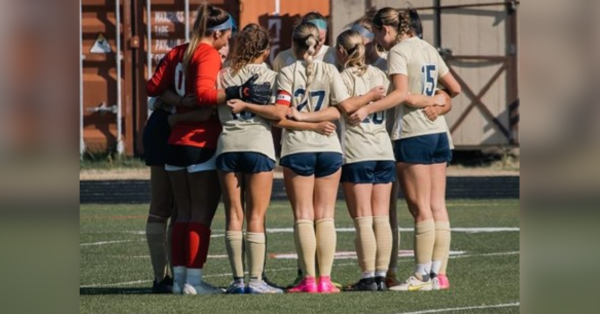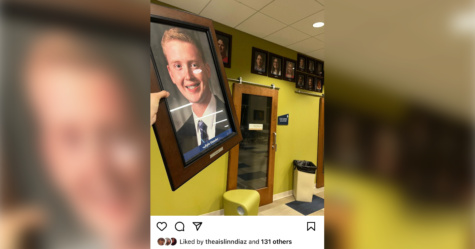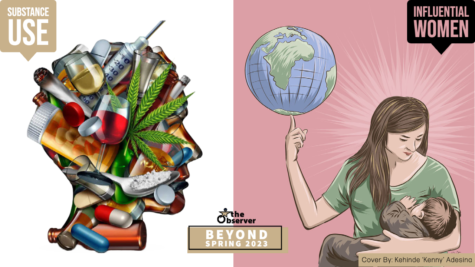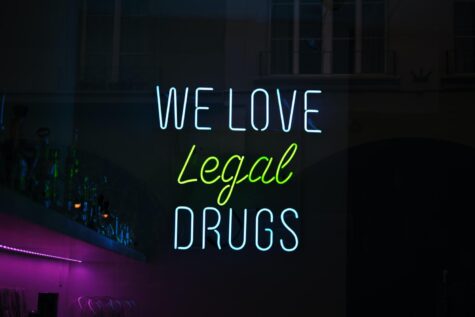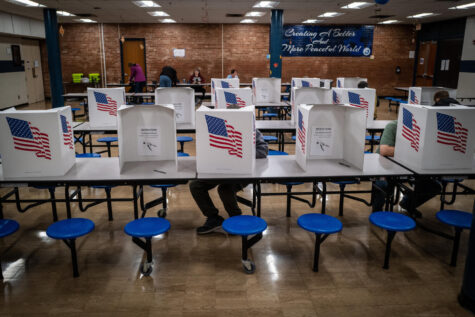Clean Water is a Human Right
When I was in middle school, my family and I moved to Port Neches, Texas. During our two and a half years there, we lived through a number of tropical storms and hurricanes, the most notable of which was Hurricane Ike.
This storm was particularly memorable for my younger brother and me, because of the significant damage it left on the schools in our area—meaning we were out of school for around six weeks. As such, this extended summer vacation that came just a few weeks into the new school year (for which we did not have to stay in school any longer) was hardly bad news for kids like us. However, there were obviously a few (perhaps more than a few) pitfalls to having a hurricane strike and wreak havoc on our community…For instance, I remember that the process of evacuating meant getting stuck in traffic for hours on end, surrounded by other families just like us in their own vehicles, each loaded with gasoline and toilet paper—hot commodities when you knew grocery stores within a hundred-mile radius would be out of stock for potentially weeks. I remember returning home from our “hurrication” evacuations to fallen tree limbs and standing water and boarded-up or broken windows. I remember the sound of generators all through the night operating freezers and air conditioners for empty homes, like raucous lawnmowers that haunted every thought and dream.
But most clearly, I will forever remember our water after returning home from Ike’s “hurrication” evacuation. Once the water was turned back on, it started out a murky brown and smelled a bit like stagnant pond water. But gradually, it grew to smell like sulfur and rot. And it finally settled into a rather radioactive shade of green. At first, we tried a few standard water filtrations systems, but our Brita pitcher could not compete with the contamination to our water from Ike. The filters needed changing on a weekly basis and by the end of each week’s cycle, a film of green slime had built up inside the basin of the picture and nearly filled the filter cavity. Eventually we resorted to buying and using bottled water. It was safer. We could trust pre-packaged water if not only because it was collected far away from Texas. That said, we still bathed in the green water. We still used it to brush our teeth and wash our hands and dishes. We used it to wash our clothes and to clean our house, if not only because there was not much of a choice.
I did not share this story to attract pity from anyone. Rather, I acknowledge that my family was lucky enough and financially secure enough to get by with purchased water. We were lucky enough to have been able to leave in the first place, to escape the storm. I use the term “lucky,” because I also acknowledge that many in similar situations around the world are not quite as fortunate.
The people of Flint, Michigan, for example, are still living with water that they cannot trust years after the conditions of contaminated water came to light. Displaced refugees live daily in camps around the world without access to consistent or clean water sources. Because of Hurricane Michael, many of the residents in Florida will likely struggle with similar water conditions to the ones we struggled with in Texas for years to come. Unlike my family’s evacuation away from the water and hurricane that entailed waiting for hours in lines of cars, we watched just last year as Puerto Ricans waited in lines for just as long to fill jugs with clean water from dripping pipes in the aftermath of Hurricane Maria.
In these circumstances and many more like them, it is seemingly not enough for the people to cope with and juggle disaster, disease, and devastation. Rather, on top of it all, they are forced to consider how and from where they are going to find clean water for themselves and their families.
These struggles persist in plain sight, despite and in spite of the 2010 UN Resolution which declared that clean water is a basic human right. Even though many of us have not lived through these dire or unpleasant circumstances, we know how uncomfortable it can be to go without drinking water for any extended period of time. We understand how unpleasant it is not to bathe or to have to bathe and wash up in unclean water. We understand only a fraction of the struggle associated with the general lack of clean water. But even that little comprehension makes it absolutely imperative for us all to not only understand, but to fight for the availability of clean and trustworthy water. Our quality of life, and the quality of life of our global neighbors, depend on it.








